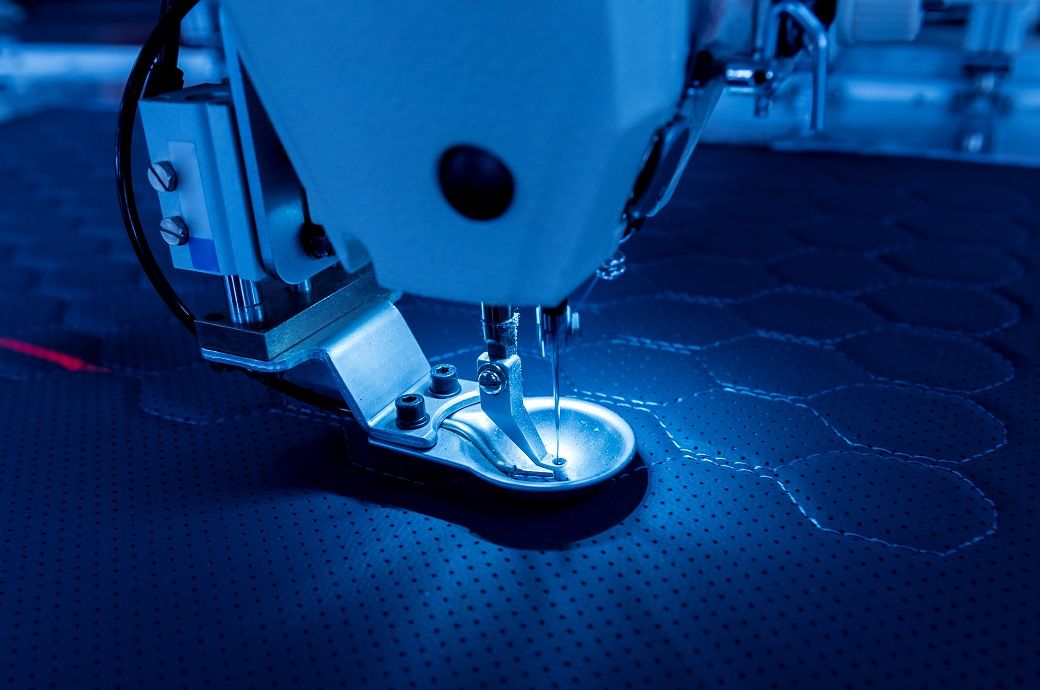
Austria, Germany, Italy, Ireland, and the Netherlands registered their sharpest declines in business conditions for over three years. Greece once again bucked the broad trend of deterioration and recorded a fifth consecutive improvement in manufacturing sector performance, Hamburg Commercial Bank (HCOB) and S&P Global said in a joint press release.
June survey data signalled a third successive monthly reduction in manufacturing output levels across the euro area. The decrease was strong, accelerating since May to the strongest since October last year. According to market groups data, contractions in consumer, investment, and intermediate goods output all accelerated on the month, with the latter recording the quickest decrease.
Production volumes were curtailed by marked weakness in demand conditions. Total new order intakes fell rapidly and at the strongest pace for eight months during June. Demand from foreign clients also contracted, marking a sixteenth successive monthly decline in new export business.
Notably, the reduction in new orders outpaced that of output by a considerable magnitude as production continued to be partially supported by firms’ efforts to tackle backlogs of work. June survey data indicated another steep reduction in the volume of orders pending completion, with the rate of depletion accelerating to the quickest in just over three years. Amid falling workloads, factory staffing levels were reduced across the euro area during June for the first time since January 2021.
Stronger declines in key barometers of business conditions such as new orders and output clearly affected firms’ confidence in the outlook during June. Expectations, while still positive on balance, were at their most subdued in seven months.
Subsequently, eurozone factories ramped up their destocking activity at the end of the second quarter. Input purchasing fell at a substantial pace that was among the fastest in 26 years of data collection. The volume of pre-production items stocked in warehouses declined for a fifth month in a row, while firms registered the quickest drop in inventories of finished goods since April 2022.
Supply conditions remained favourable for buyers during June, as signalled by another strong improvement in delivery times.
The data pointed to a further steep reduction in average input prices paid by eurozone manufacturers. In fact, June’s decrease in factory costs was the fastest since July 2009. Market groups data revealed an especially steep drop in operating expenses at intermediate goods producers. With cost burdens easing and falling demand causing competitive pressures to rise, prices charged for goods across the euro area declined for a second successive month. The decrease was the strongest in three years.
Commenting on the PMI data, Dr. Cyrus de la Rubia, chief economist at Hamburg Commercial Bank, said: “There is growing evidence that the capital-intensive industrial sector is reacting negatively to the ECB's interest rate hikes. Companies surveyed reduced their headcounts for the first time since January 2021, and purchasing activity declined at one of the worst rates on record. Cuts to sales prices for the second month in a row come as no surprise given the weakness in demand and rapid rate of cost deflation.
“Delivery times are continuing to normalise, with the corresponding index signalling that since February, companies in the currency union are receiving their goods more quickly than in the previous month. While it seems as if companies do not complain so much anymore about delivery times, shortages of materials are still a lingering issue. According to the directorate-general for economic and financial affairs (DG ECFIN), for example, around 28 per cent of companies in the eurozone complained of a shortage of materials in the second quarter by 2019, this figure had averaged just under 7 per cent.”
Fibre2Fashion News Desk (NB)